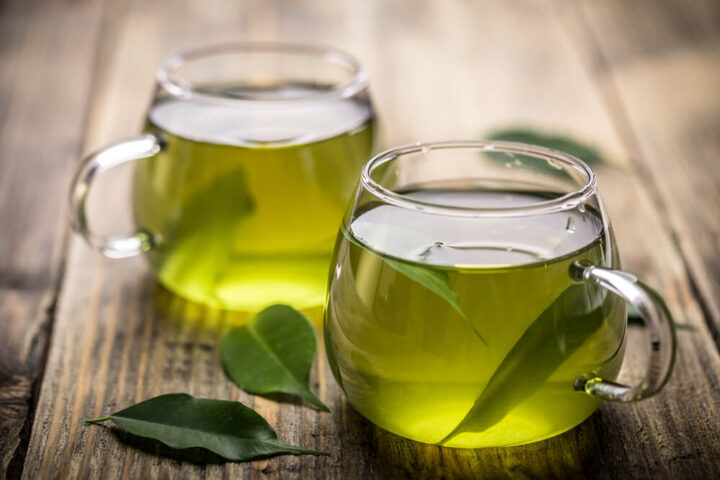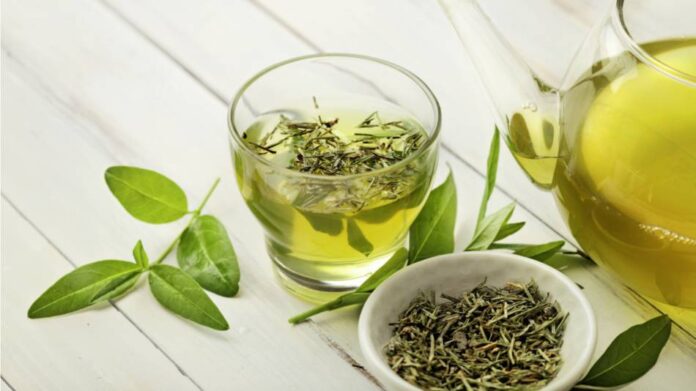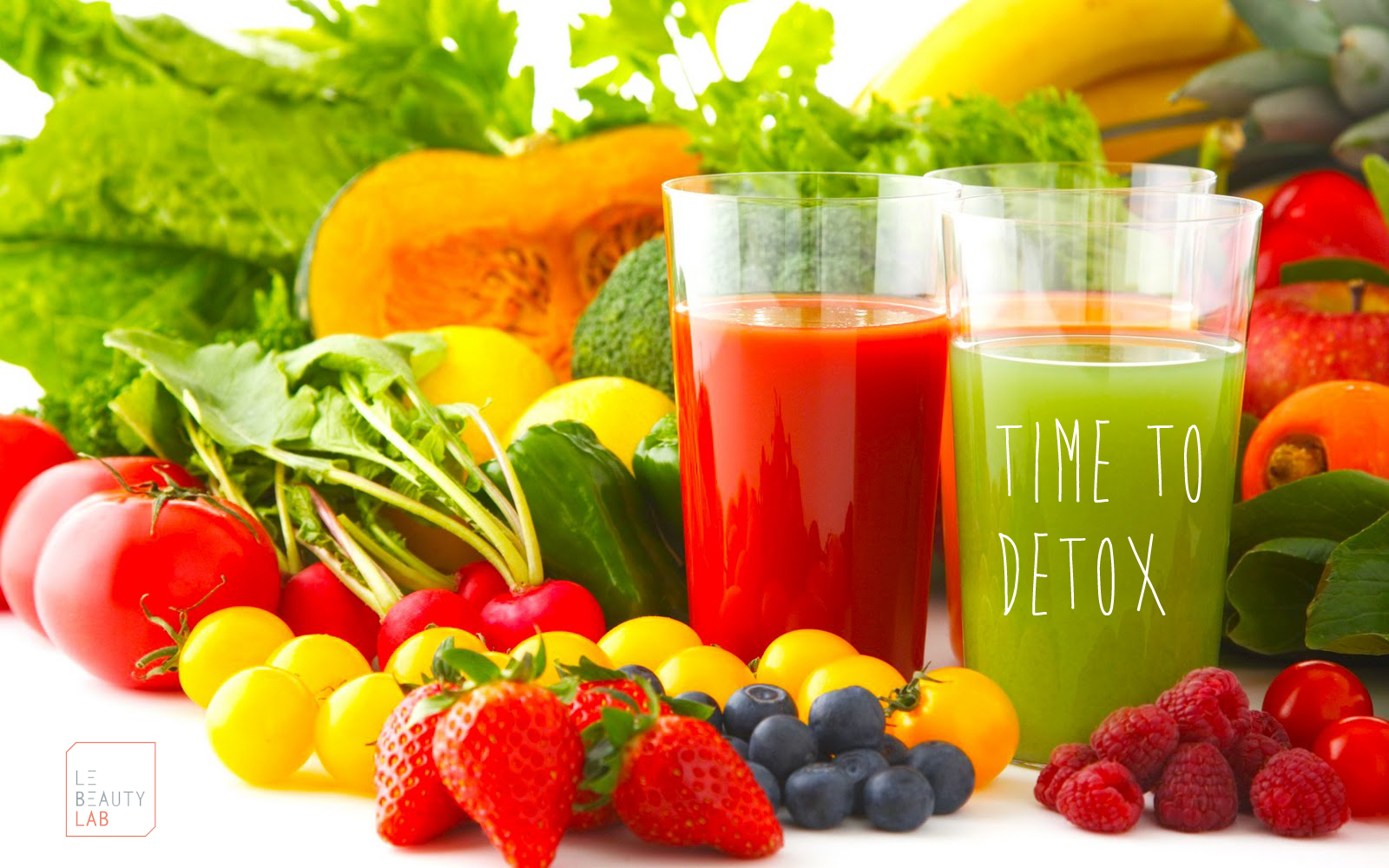Green tea is considered the healthiest beverage in the world due to its high concentration of antioxidants called catechins, which have been shown to have numerous health benefits. These antioxidants help to protect the body from damage caused by free radicals, which are molecules that can harm cells and contribute to the development of chronic diseases such as cancer, heart disease, and Alzheimer’s disease.
Additionally, green tea contains caffeine, which can improve brain function and increase alertness, as well as the amino acid L-theanine, which has been shown to have a calming effect on the brain and promote relaxation.
Studies have also found that drinking green tea may help to lower the risk of developing certain types of cancer, reduce inflammation, improve cholesterol levels, and enhance weight loss efforts.
Overall, green tea is a natural, low-calorie beverage that is packed with health-promoting compounds and has been enjoyed for centuries for its taste and medicinal properties
What Is Green Tea?
Green tea is a beverage made from the plant Camellia Sinensis native to China and Southeast Asia. It’s a flowering shrub that is practically the main source of all other types of tea like oolong, white, yellow, and black teas.
However, in producing green tea, a different withering process is employed, generating a grassy taste and aroma.
Moreover, it keeps the antioxidants and volatile organic compounds intact and in much higher amounts. Likewise, the procedure prevents the oxidation of green tea, unlike that of black tea.
Green tea has always been a popular beverage in China, Korea, and Japan. In fact, it has been embedded in their culture, and the benefits have long been contributing to the astonishing lifespan and health of their people.
Here are 7 benefits of green tea:
- Rich in Antioxidants: Green tea is loaded with antioxidants, which help protect cells from damage caused by free radicals. These antioxidants can also help reduce the risk of chronic diseases such as cancer, heart disease, and Alzheimer’s disease.
- Promotes Heart Health: Green tea has been shown to reduce the risk of heart disease by improving blood flow and reducing levels of “bad” cholesterol.
- Aids in Weight Loss: The catechins in green tea have been shown to boost metabolism and promote fat burning, making it an effective tool for weight loss.
- Enhances Brain Function: Green tea contains caffeine and the amino acid L-theanine, which can improve brain function and increase alertness and focus.
- Reduces the Risk of Type 2 Diabetes: Studies have shown that green tea can help regulate blood sugar levels and reduce the risk of developing type 2 diabetes.
- Improves Oral Health: Green tea has natural antibacterial properties that can help prevent tooth decay and gum disease.
- May Reduce the Risk of Cancer: Some studies suggest that the antioxidants in green tea may help reduce the risk of certain types of cancer, such as breast, prostate, and colorectal cancer. However, more research is needed to confirm these findings.
How Much Green Tea Should I Drink?
The recommended daily amount of green tea consumption varies depending on the source, but most suggest drinking 2-3 cups per day (which is about 240-320 milligrams of polyphenols).

- Bring water to a boil.
- Pour in a cup and place the tea bags. Let it brew for 6-8 minutes and remove the teabags. Spritz in the lemon and mint leaves as desired.
- If making from loose leaves, then just add 2 cups water in a pan along with the leaves and let it come to a boil. When the water is reduced to 1 cup, remove from flame. Pour the tea in a tumbler and add lemon and mint as desired.
- You can double or triple the batches of loose leaf tea and store it in the flask if you want to drink throughout the day.
Green tea ice cubes
Don’t have time to make green tea all the time and want its health benefits? Just make a pot of green tea and pour it in an ice cube tray and freeze. Add the cubes to your favorite juices such as lemonade or fruit smoothies for that lovely nutritional boost.
If you are looking for an alternative to coffee, this might be your best bet. Green tea contains a lower dose of caffeine than coffee and helps you avoid side effects like jitters or headaches, but can still keep your energy levels stable.






